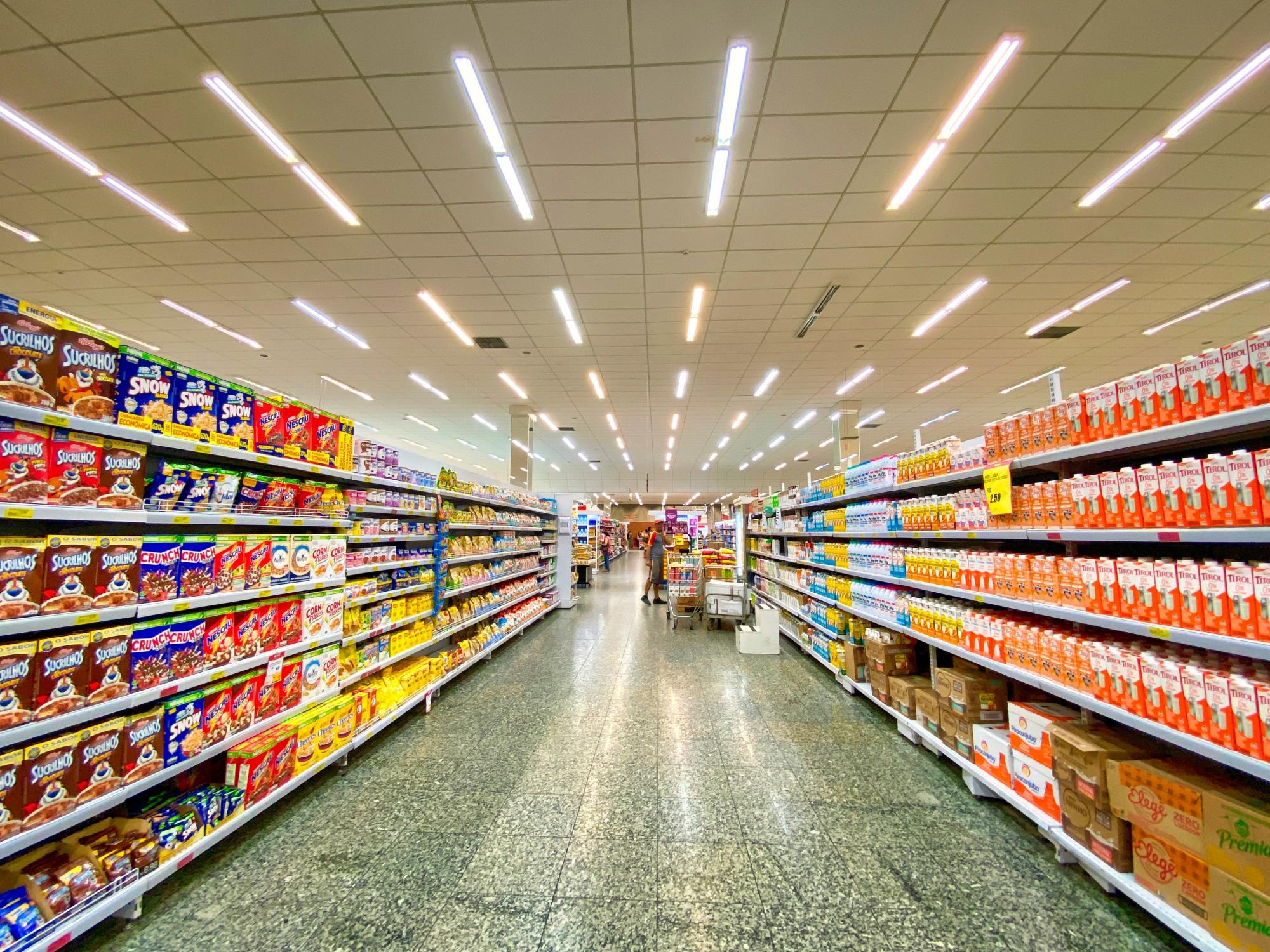Test- FTSE 100 Kicks Off August on a High as BP and Senior Lead Market Momentum
$11
10 Oct 2025, 13:13

Unsplash.com

The cost-of-living crisis is still very much alive as evidenced by the record-breaking rate at which prices are rising in UK stores.
Shop price inflation, according to the British Retail Consortium, increased from 8.4% in February to 8.9% this month, a new high for an index that has been tracking prices since 2005.
According to Ocado, the inflationary pressure has driven customers to buy fewer things. Ocado Group reported a 7.5% decrease in the average number of items purchased per customer at its partnership with Marks & Spencer Group Plc.
Ocado Retail Chief Executive Hannah Gibson said in a call with reporters that cost pressures are still pervasive and could drive prices higher for consumers. Data demonstrates that UK shoppers are gradually turning to discount grocery retailers. Lidl was the fastest-growing supermarket in the four weeks that ended March 19th, with sales up 25.8%, according to Kantar.
In the meantime, Aldi's market share hit an all-time high. The two German retailers have a joint market share of 17.3%.
Food price inflation has hit 17.5%, another new record, according to data compiled by Kantar.
This resulted after overnight figures from the BRC that showed food prices rose 15% in March after fruit and vegetable shortages.
Shore Capital analyst Clive Black said in a note to clients, "Food price inflation is high and very sluggish, and given the slow cost recovery, it could take months before it eases significantly.
UK headline inflation surprisingly increased in 4 months in February, driven by food and beverage prices.
An analysis by Retail Economics shows that the average UK household has £76 ($94) less cash each month than it did a year ago.
Prices increased in March for chocolates, confectionery and soft drinks due to higher sugar prices. Fruit and vegetables have also become more expensive after a tight supply of tomatoes, cucumbers and peppers from Spain and North Africa led to shortages on store shelves. Imports have become costlier due to the weakening of the British pound.
Energy bills stay high regardless of government support, placing additional pressure on Britons. UK buyers have predicted their personal finances will worsen over the next year due to rising prices.
The Bank of England increased interest rates once again last week, forecasting that the UK economy will avoid a recession for the time being. Last month the BoE noted that inflation was expected to fall below 4% by the end of the year, but many Britons continue to worry.
(Bloomberg.com, Proactiveinvestors.co.uk)